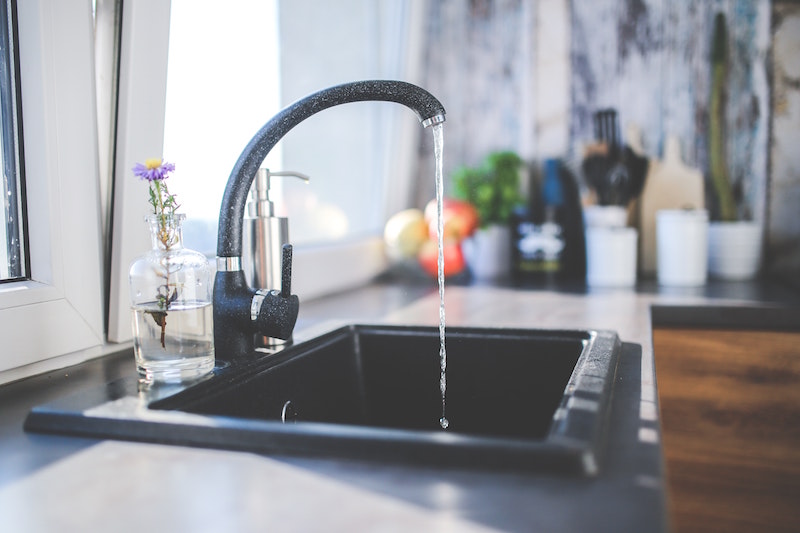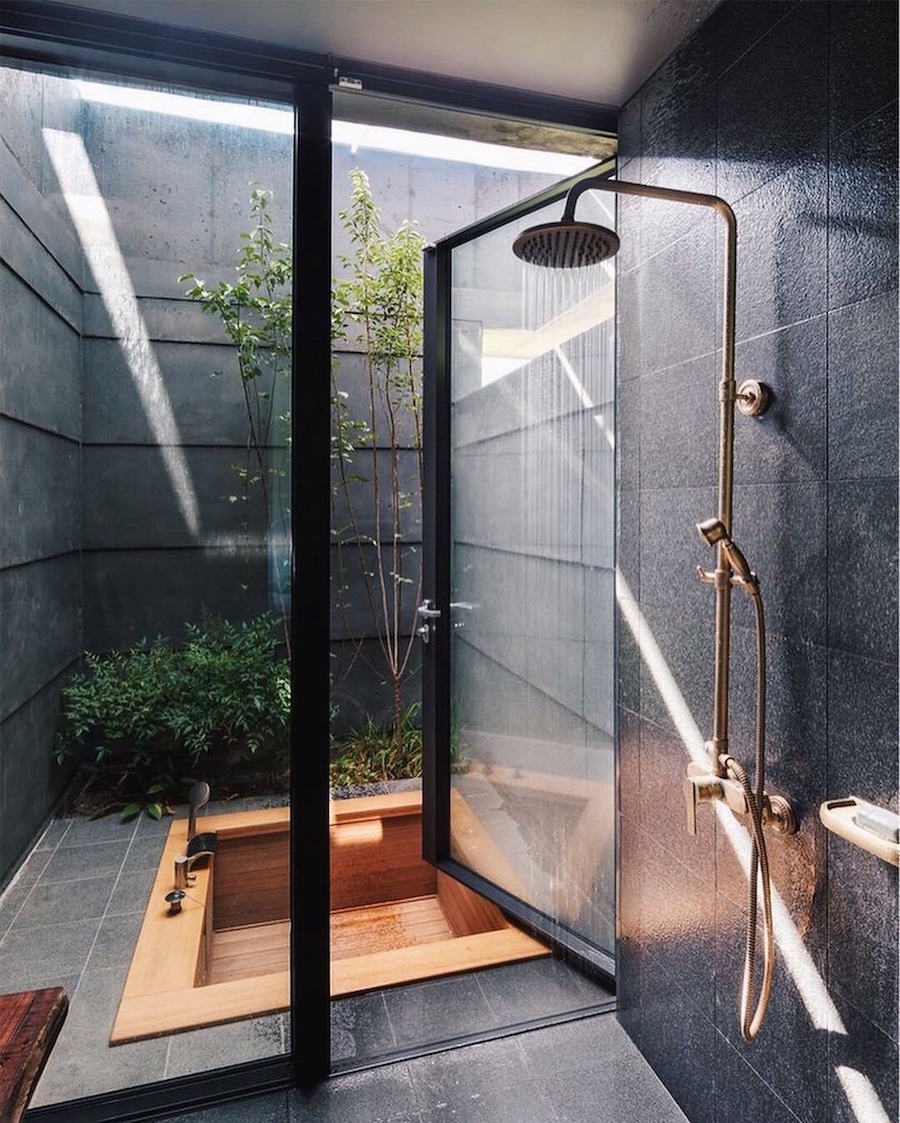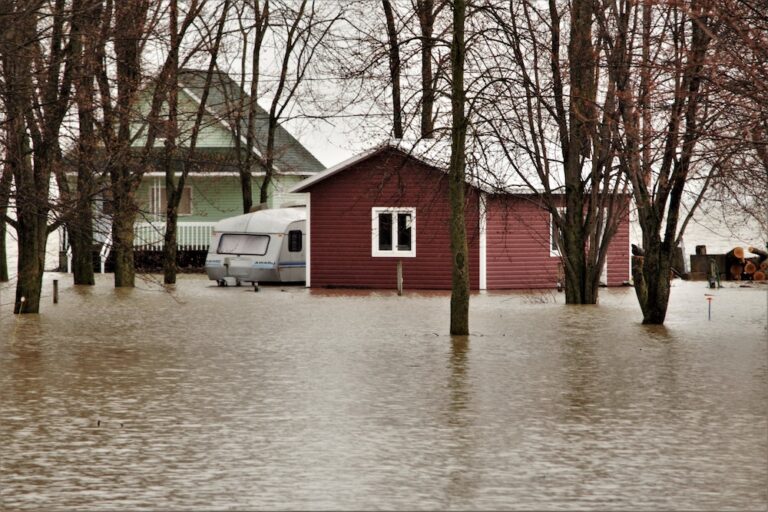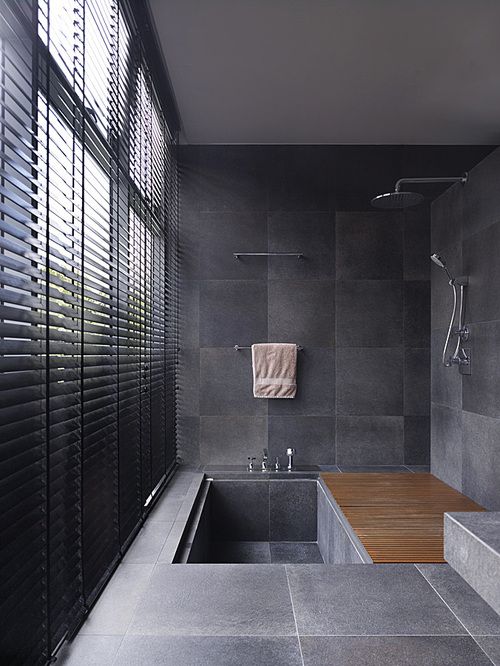Water Filter Reviews – What to Remember When Picking a Water Filter for Your Home
Water is something that we rarely think about, we go to the faucet, turn it on and expect it to be there. We wash with it, shower with it, shave, drink it, wash our dishes, clothes, and food with it, cook with it and water our plants with it, when we stop to think, it has so many uses. When we consider that our bodies are made from around 60% water, we realize that it is, in fact, essential for our life on this planet.

When we look at water, it is normally a clear liquid but have we actually stopped to consider the impurities that it could consist? Water is treated at a treatment plant, it then leaves the plant and travels through a network of pipes until it reaches our home. It is, therefore, possible that the quality is not always the way that we would like it to be and different water supplies will contain different types of impurity which are dependent on where you live. Many of the impurities go unnoticed as our bodies are able to process and eliminate them but some are nastier and can cause a range of illnesses from gastrointestinal complaints to death in some cases.
Some of the ‘nasties’ harboring in our water supply can include bacteria and metals and particular regions have their various issues. In hard water areas, for example, the water has a high mineral content which can cause a build-up of limescale on appliances making them difficult to clean and shortening their lifespan. Cloudy water can be caused by sediment deposit, collected as the water travels to your home and if you notice staining around your sink or bath, that can be caused by metals which are present in the water. Fluoride is added to water supplies and some would say that it is not a good idea whereas others would argue that it is a good addition. Chlorine is added at the treatment facility as a disinfectant and bacteria and viruses can’t be eliminated totally even with the stringent filtering methods used at the plant. Some water has a nasty odor and that can be to do with a variety of things dependent on the smell. Decaying vegetation can cause that as can hydrogen sulfide and metals. So, sometimes the clear, clean water harbors invisible impurities that the human eye cannot detect.
For that reason, many of those in the know have turned to water filter systems but where do you begin when you are considering water filters & systems for your home and what should we remember when we are picking that water filter system?
Cost
There will obviously be a cost involved and costs can vary according to the system that you select. Bear in mind, however, we spend a great deal of money on bottled water and with a filter system you would have the ability to go to the faucet and pour some clean, fresh, drinking water for yourself, eliminating the need for bottled water. You could be showering and bathing in clean water and none of the ‘nasties’ will be passing through your skin cells. It could be a very worthwhile investment but if cost is an issue, consider all of the different types of options to find one that will best suit your budget.
You may also want to consider the cost of replacement filters as each water filtration system uses filters. Filters will need to be replaced to keep your system working and filtering your water effectively. You may also want to check how often they need to be replaced as this will have an impact on the yearly cost.
Where do I Live / What Contaminants am I Trying to Eliminate
Your geographical location will dictate the type of filter that you will need, for example, someone living in a hard water area will want to eliminate a lot of the minerals whereas someone who often has sediment in their water will want to eliminate that. If you are unsure, you can have your water tested to evaluate the status of the water coming from your faucet. You will be provided with a ‘Water Analysis Report’ which you can then use to draw your conclusions. Each filtering system will be able to remove different impurities from your water and some filtering systems will be better than others at removing certain components. Remember that water is an ever-changing liquid and what can be present one week could change for the next week but there are often general trends. Testing will help you to determine whether you need to target any specific contaminants when choosing your product.
Do Your Homework
Learn about the different types of filters and decide whether you want to treat all of your water input or just some of them. You can have a faucet filter system, a shower head filter system, a countertop filter system or a whole house filter system for example. Your decision will come down to budget, preference and the size of your household. Each has its advantages and disadvantages, for example, a countertop system will take up space on your countertop but is fast and filters water as you turn the tap on. A whole house system will filter water at the main pipe but it is a more expensive option, so you will have to consider whether it is simple tap water that you want to filter and examine the pros and cons of all of the systems available.
When choosing your system there will be many considerations and your supplier should also be able to help you with your options via the information that they provide but you are the person who knows your requirements and they should be carefully considered before making your final choice. Unfortunately, there is not a one size fits all solution but with diligence, you will be able to find the right solution for yourself.









